
Humans ARE part of the environment…
I’ll say that again: Humans ARE part of the environment. We’re not the evil ogres that we’re made out to be. Bear with me as I explain.
I find it interesting when I turn on the television and a program about Nature is playing on one of the documentary or variety channels, one of the most universal messages they have to communicate to the viewing audience is that humans are BAD.
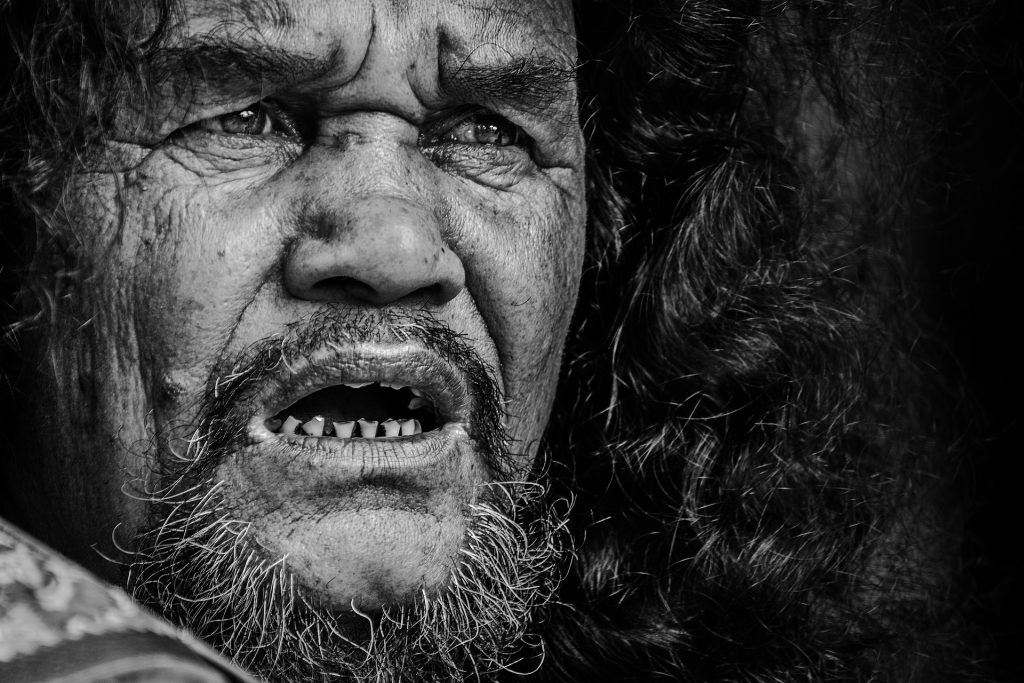
Regular villains we are. Where ever we go, bad things happen. We’re brutes according to them. Selfish oafs with no useful purpose. And we HARM everything and everyone. We MUST be reeled in. Controlled. Laws passed to keep us contained and chained.
The message above is a regular staple of these programs. They say it as if it is a documented truth and we’re all expected to feel a pang of guilt at our very existence because WE are the problem in the world. And some wise media person and television producer who likely never set foot outside of a city in their life are telling us to feel bad because we are destroyers and not creators.

We Humans have gotten a bad rap in the media. Some say we deserve it. And some of the message they communicate may be justified, but other criticisms that are leveled against us as a social norm are just plain weird and wrong. The sweeping statements of our guilt that are made are often pronouncements that are made so often that no one is challenging them. I am reminded of Star Trek The Next Generation where Q put Humanity on trial for it’s existence because the Q were threatened by human values and ideals. And the media is CLEARLY in the role of Q and judgment and sentencing has been passed without so much as a voice of opposition to speak in Humanity’s defense.
Until now.
Years ago, I grew up with family who lived and worked in and around the Sierra Nevada range of Northern California. And these were people who always talked about Forest Conservation and the role of people in preserving and maintaining the forest.
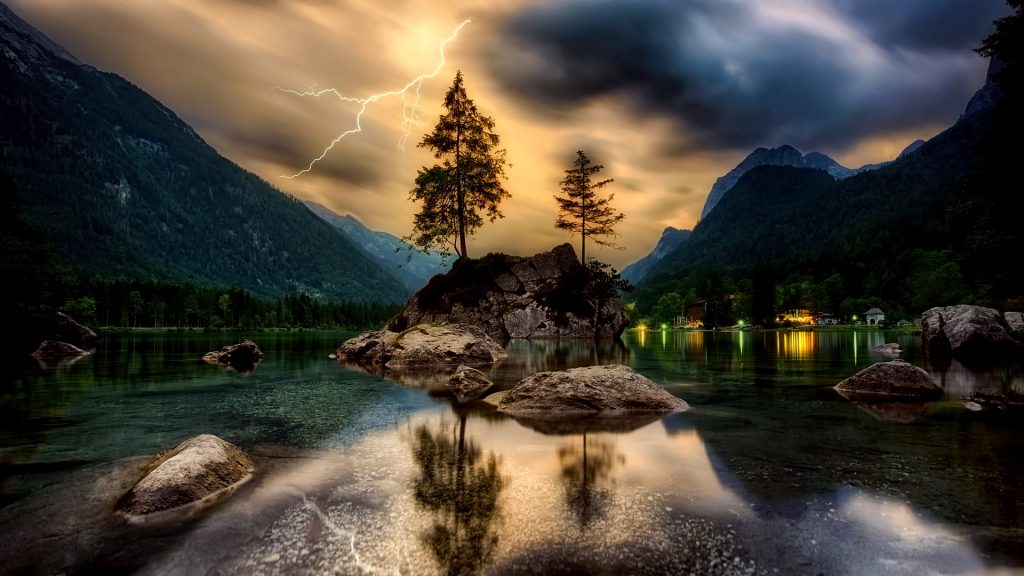
To them, we Humans were essential in maintaining the forest, serving in roles that we as a species had to take on because of our unintended actions in removing other caretakers who had once done these roles when there were no humans around. And now with these older caretaker species no longer doing the necessary roles that Nature demanded, we had to take on their duties to honor the land and Nature. And this covenant was openly discussed and, more importantly, practiced with honest and open hearts.
All in all, a simple and powerful system that endured for centuries and maintained something of a balance.

The people who I learned this from were hunters, fishermen, trappers, loggers, game wardens and ordinary people who spent their lives in the bush country and who each played a role in the system of keeping the forest healthy.
They taught the children these values and passed on their love of the land to future generations.
They had learned from their parents and parents-parents about valuing the land and did care about the health of the forests, deserts and prairies they lived in.
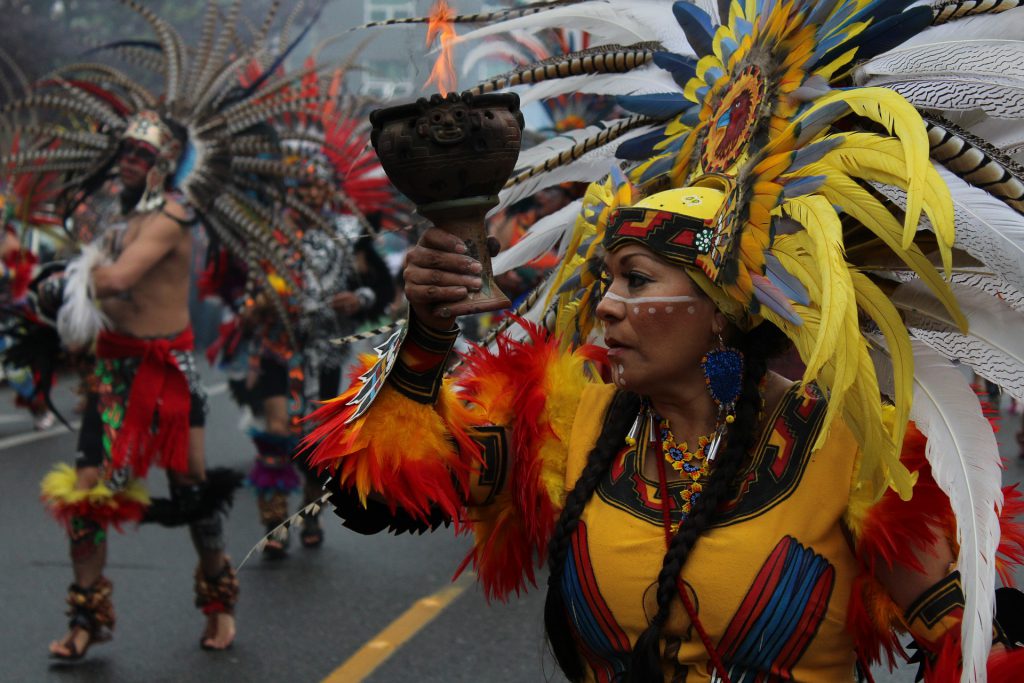
I remember stories my family told about the American Indians and the policies of many of their nations of keeping the forest healthy by burning off underbrush and keeping the forest more like a park than the tinder-box forests we now have that have been created by an overreaction to fire as a destructive force. Rather than to see fire’s true role as a creative force, they break out the fire trucks and never question if things could be any different. Some advancement in the approach to fire has been made over the years, but it is striking to see how terrible fires like the ones in Southern California have taken place that become firestorms and tragedies when a simple change to our view of fire and allowing humans to clean and clear the land in ecologically sane manners without punishment by governments would be an effective remedy.

Long-term thinking and action is needed to transform what is a rats nest of laws, well-meaning but lousy policies and plain greedy behavior into something closer to what the First Nations and early Europeans were practicing. They worked through their hearts and THEN through economics to live their philosophy of humans as a good part of our world. Not by passing knee-jerk laws, installing bureaucracies and pushing autocratic behavior divorced from reality upon the population.
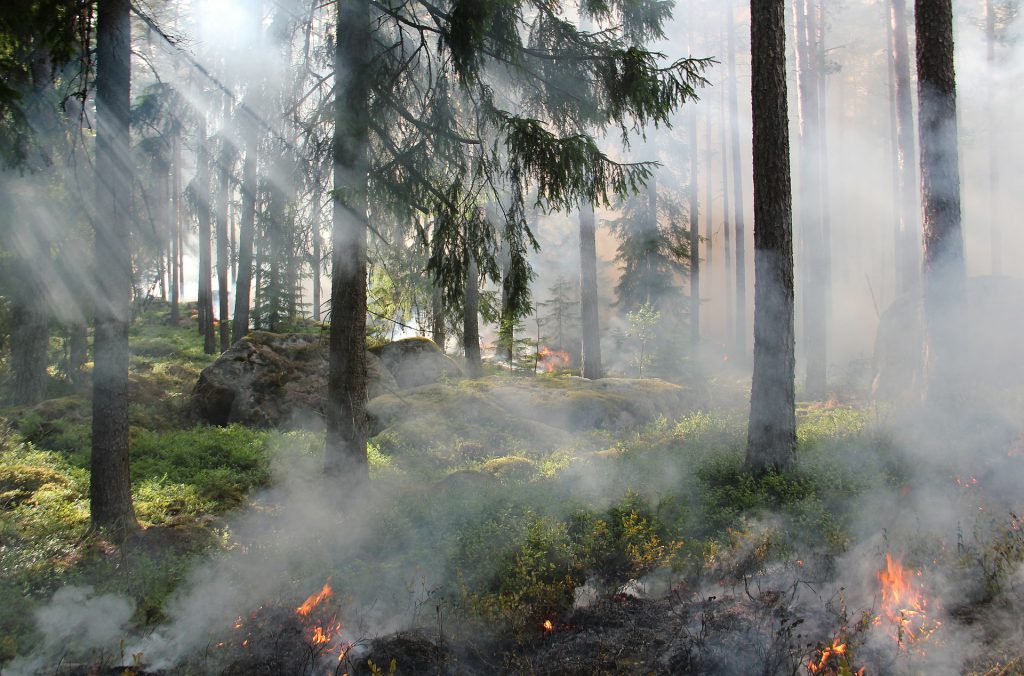
I can hear the groans now and I’m standing my ground on this. Fire can be a creative force, if allowed to do it’s job without being immediately put out and seen as “bad”. Controlled burns and prescriptive burns are a step in the right direction, but to truly fix the issues we have, humans need to intervene and clean up the giant piles of deadwood and diseased and dead trees that detract from and actually harm the forest. So far, without naming names, I’ve seen organizations that claim to represent the Environment step in legally using the courts to prevent these needed actions and for the life of me, I can’t understand what kind of mentality leads these people to harm the very forests, deserts and temperate wild places they claim to love.
One need only to trace the roots of these decisions and it is always wise to use the old strategy of “Follow The Money” and you come right to the root of the problem. And “Money” isn’t the issue, since it is a tool that is a measure of life-energy being traded for a result or transaction to benefit two or more parties. That is ALL money has ever been. The issue here is who benefits in terms of life-energy by adopting nutty policies and behaviors that, on closer examination, do not make any sense at all?

Things to ponder. And if you are reading this and are angry at my challenging your assumptions, then GOOD! It is high time someone did so. You need to look at the basis of your beliefs and assumptions and sometimes it is uncomfortable to do so because you might find out your views have issues to be examined.
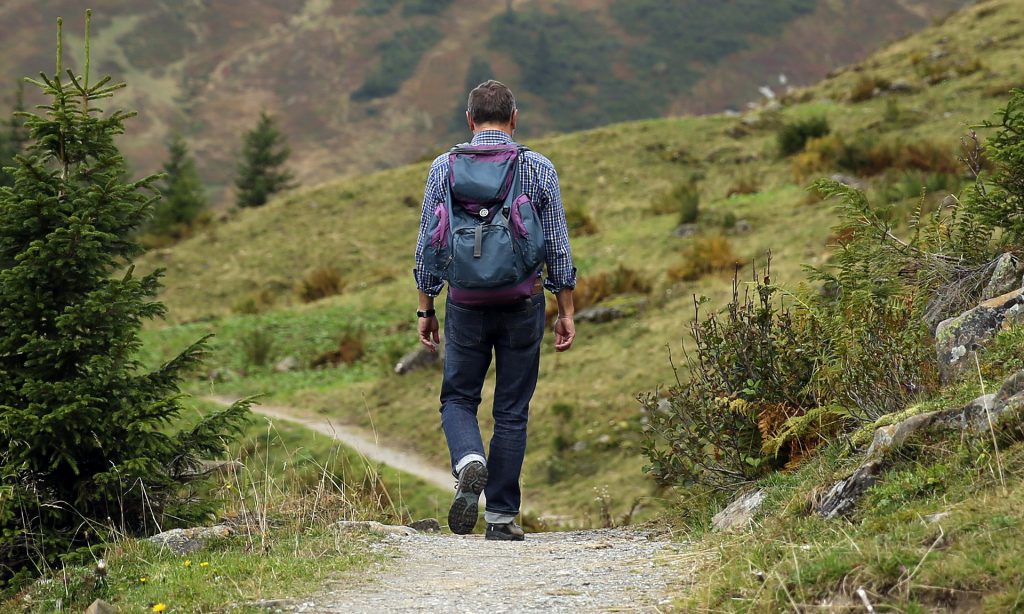
Another point in the whole Humans-are-bad-thinking morass that I have mixed feelings on is the “Leave No Trace” line of thinking. I’m not sure where this concept came from, but if one takes the initial premise that “Humans Are Bad” or “HAB-thinking” for short, then it is pretty clear that what is being said by the powers-that-be in all things Environmental, that humans ARE a problem and when walking or living outdoors, they should never leave ANY trace they have been there. That sounds fine in theory. But let’s examine this simple but deceptive viewpoint.
I can buy a portion of this argument for Leave-No-Trace. Pick up my trash, leave a place better than I found it, do my best not to step on rare plants, leave animals alone if I can avoid contact. I get it. But what I don’t buy into is being so paranoid in this concept as to worry to excess about where I step and even worrying about leaving footprints. I come across animal sign ALL the time and I can assure you that deer, bear, raccoons, even Bigfoot (yes – I’m including Bigfoot) are not terribly shy of leaving traces of their existence and they INTERACT in the environment by leaving traces of their passing.

Many of these interactions are needed by the ecosystem to function! So my point here is that if it is OK for these animals to leave a trace, why shouldn’t I be allowed to leave a footprint on occasion or interact and possibly benefit the environment because I am part of Nature too? It makes sense if I’m part of the environment and am a caretaker of said ecosystem to have some beneficial interaction with it!
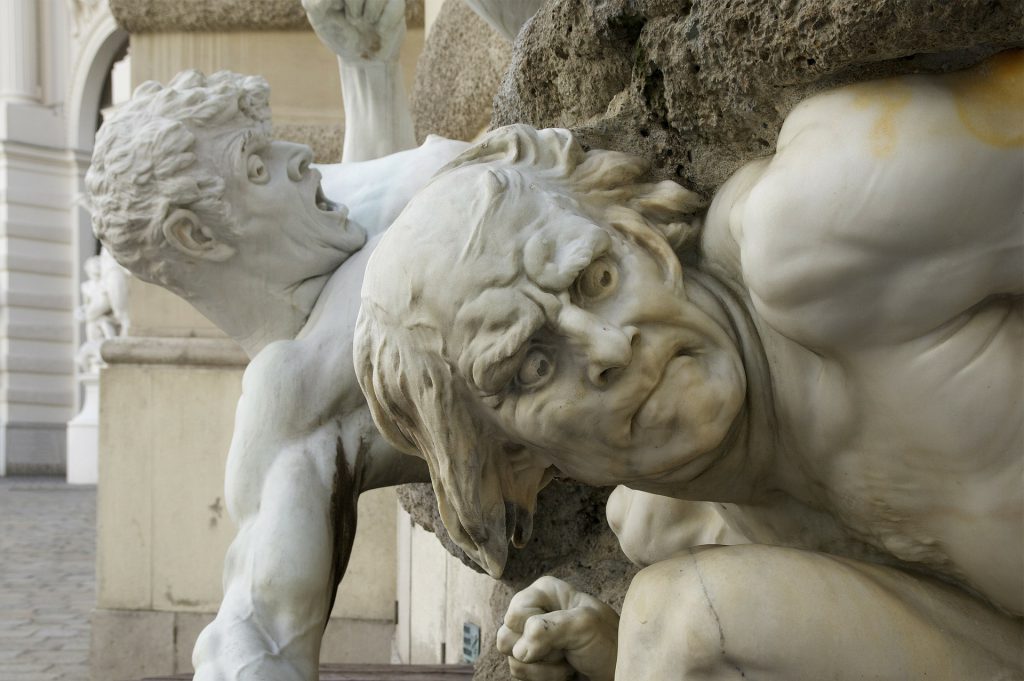
I see web sites where people openly AGONIZE over whether to walk on a trail or not. Or how to step on this rock or that. One completely off the rails online discussion I read angrily went ballistic over a few painted trail signs on rocks that were deemed by purists to “harm the land” at a steep granite trail not far from where I live. Really? A little green paint hurt a rock?
Are you kidding me? The signs on the rocks kept people ON the trail and served as a virtue of leave-no-trace that the leave-no-trace crowd cannot bring themselves to claim as having value to keep people off other parts of the land?
Pardon me for laughing openly, but their utterly ridiculous points about little painted signs are null and void! It is this kind of logic of HAB-thinking that has me ready to scream when I see these things actually and seriously being discussed without the slightest bit of critical thought applied.
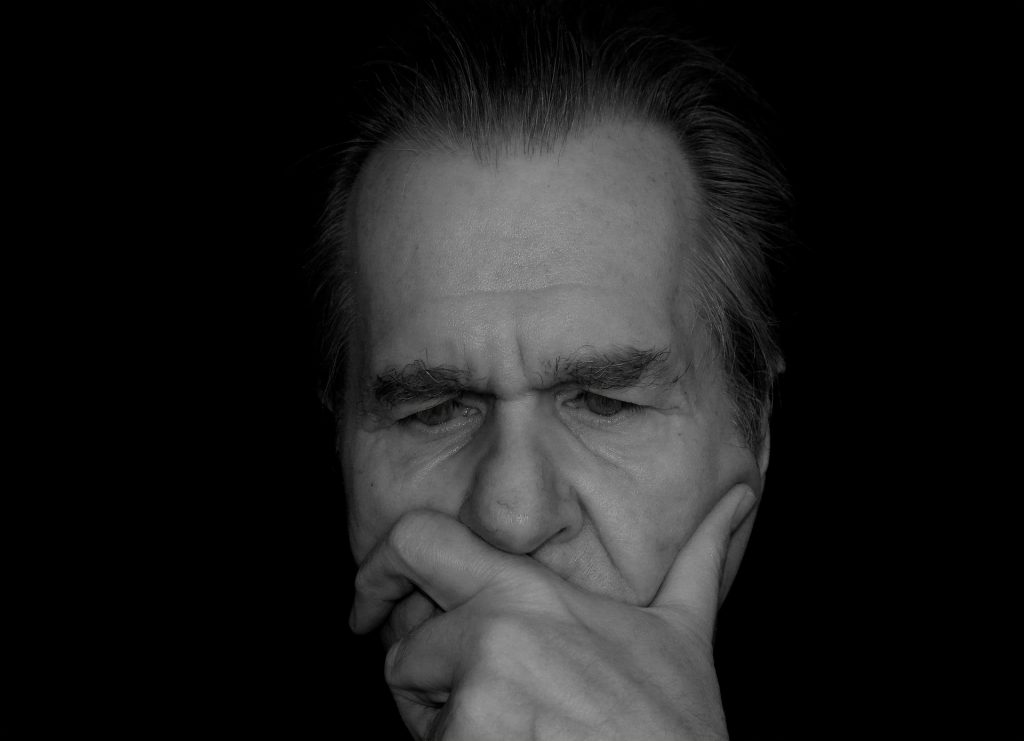
Critical Thought. That is the key in these discussions. The ability to look honestly and critically at behavior and ideas in a serious and honest debate and to reach valid and useful conclusions based on this honest examination. It is a rare thing to see these days. And even rarer when the subject of outdoor activities and the environment come into open discussion. And it is what you are experiencing now. Critical thinking to question assumptions.
Humans Are Bad… Poppycock!
The point I am making is that SOMEONE came up with this concept of “Humans are bad” and “Leave No Trace” and it became an overnight truth with few people ever questioning the assumptions and value of these views and policies as a basis of truth or wisdom.
They are neither.
Has anyone thought of a counterpoint to all of this HAB-thinking?

What ARE the right questions to be asking in the first place?
What if humans HAVE A VALID FUNCTION IN THE ENVIRONMENT? What if HAB-thinking is almost entirely wrong? That is the question to ask. What part of our behavior as a species does help Nature? And don’t start in about well intentioned (and mostly failed) laws, court-decisions or do-gooder organizations that claim to represent the environment that instead serve a more political role than any truly valuable assist to Nature. I challenge you to think about it and come to your own conclusions. And don’t go in with a view you cherish. Go in thinking “I’ll honestly examine both sides and follow the evidence” as Gill Grissom said so many times on the TV show “CSI”.
I’m talking about a good old-fashioned look to the past, and in some cases present, where humans DID help the land and had it in their hearts and values to enter into a sacred bond with Nature and to bypass the artificial and entirely useless legal frameworks that really do nothing to protect Nature and cause more harm than good.

Many First Nations peoples lived under this sacred bond. And quite a large number of European settlers came to appreciate and practice much of this philosophy as well. It was only in the past 40 years or so that the HAB-thinking came to dominate the discussion and locked the hands and minds of people from believing that THEY BELONGED IN THE ENVIRONMENT in the first place!
Perhaps I’m just being romantic in my thinking, but the most effective systems are often the simple ones. And if one sees humans as having a role in Nature to fulfill, then it places us in a much more creative and powerful position to work from than to adopt HAB-thinking and leave us bereft of choices and our only choice is to feel shame at our mere existence, which is what those who wish you to be powerless want from you.

If you don’t believe me, then go talk with the experts who lived with Forest and Land Conservation for centuries and who viewed the land as their Mother…
Let them teach you and hopefully, they’ll enlighten you to the fact that YOU are here for a reason and that you are GOOD… Not BAD.
And that YOU are part of Nature. Not apart from Her.
